Solutions
December 1, 1994
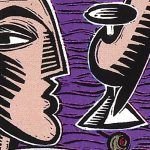
Binge drinking research
UW psychologists reduced the dangers of binge drinking in college students through specialized counseling.
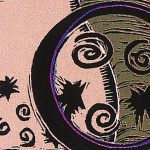
New test for chlamydia
UW researchers have demonstrated new tests that can accurately detect the presence of chlamydia in a simple urine sample.

Smarter computers
Software engineers are creating programs that will turn computers into the ultimate in personal assistants.
September 1, 1994

Good sports
Two UW psychologists are teaching players and coaches how to play the game, no matter who wins or loses.
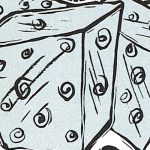
Freeze on cancer
Tumors in the prostate and liver have a new nemesis in the Pacific Northwest—a UW Medical Center machine that can freeze and destroy cancer cells.
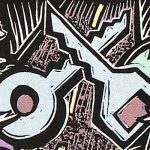
Gender factor
A UW survey has found that both sexes have about the same number of accidents in their driving career, but it found some differences in the data.
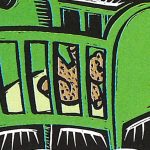
SIDS research
UW medical student Michael Emery published the first experiment that links infant steroid hormones to breathing patterns during sleep.
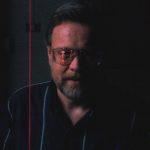
Eye-catching tech
Take a good long look at your laptop computer screen. It soon could become a collector's item. And it will have company.
June 1, 1994
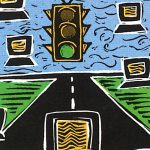
Making video move
Electrical Engineering Professor Yongmin Kim's computer system compresses and decompresses full-motion video signals at 30 frames a second.
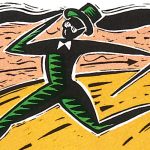
Parkinson’s assist
Sport glasses that allow a viewer to watch TV while mowing the lawn may someday allow Parkinson's disease victims to walk at a normal pace.
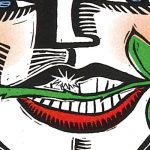
Floss-free life?
Dental researchers at the UW reported that an experimental vaccine protects monkeys from gum disease.
Top-10 programs
Four UW graduate programs are in the top 10 in their respective fields, according to a U.S. News and World Report survey published March 21.
March 1, 1994
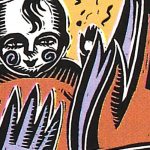
Clues to autism
First-birthday videos are helping UW researchers identify infants with autism two or three years earlier than previously possible.
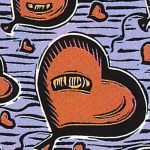
Angioplasty study
If you want to avoid heart bypass surgery, you may want to "bypass" a hospital that does low volume work in another heart procedure—coronary angioplasty.
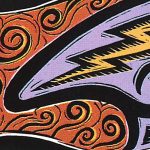
Electronic sniffer
The age of "Artificial Insmelligence" has arrived: UW engineers have cooked up an electronic nose.
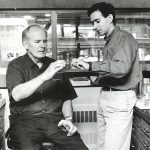
Life-saving research
Through their discoveries about yeast, researchers have already saved millions of lives.
December 1, 1993
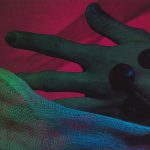
The human factor
Without human volunteers, vital UW research and the possible cures it generates wouldn't take place.
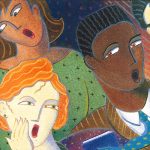
He says, she says
Research on the links, if any, between gender and language has raised hackles on both sides of the gender line.
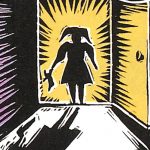
Most abuse remembered
Psychology Professor Elizabeth Loftus recently interviewed 105 women about their memories of childhood abuse.
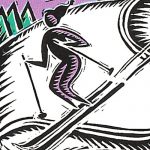
Stronger skis
UW engineers say they can help the last major U.S. manufacturer of downhill skis—Washington-based K2 Corp.—keep its competitive edge.